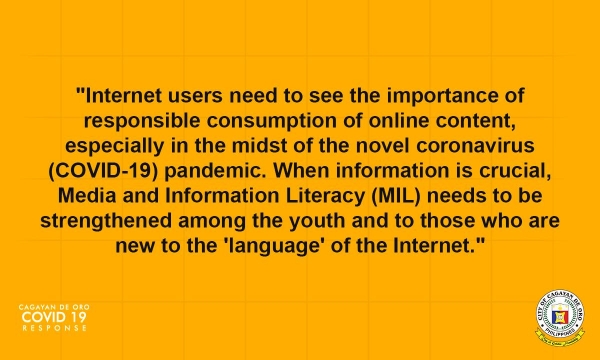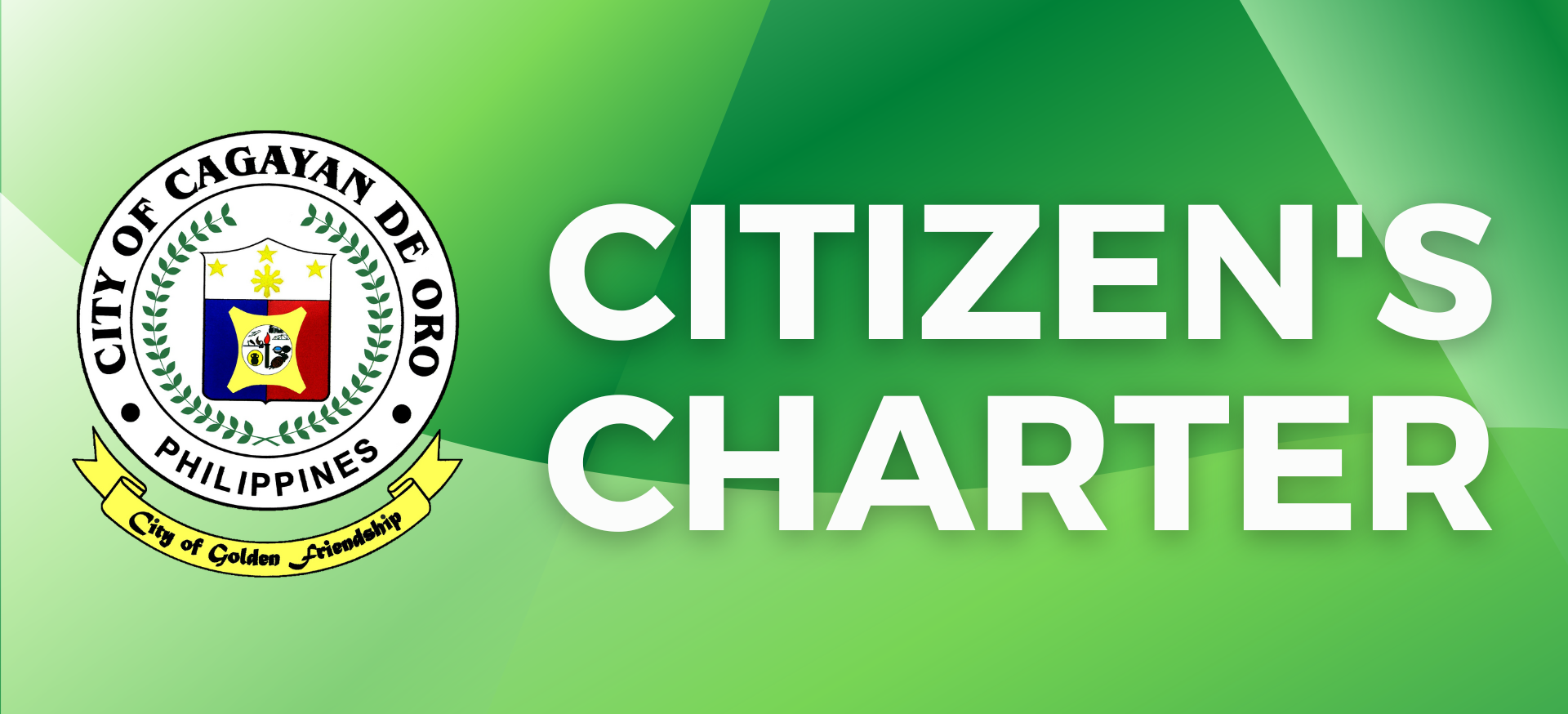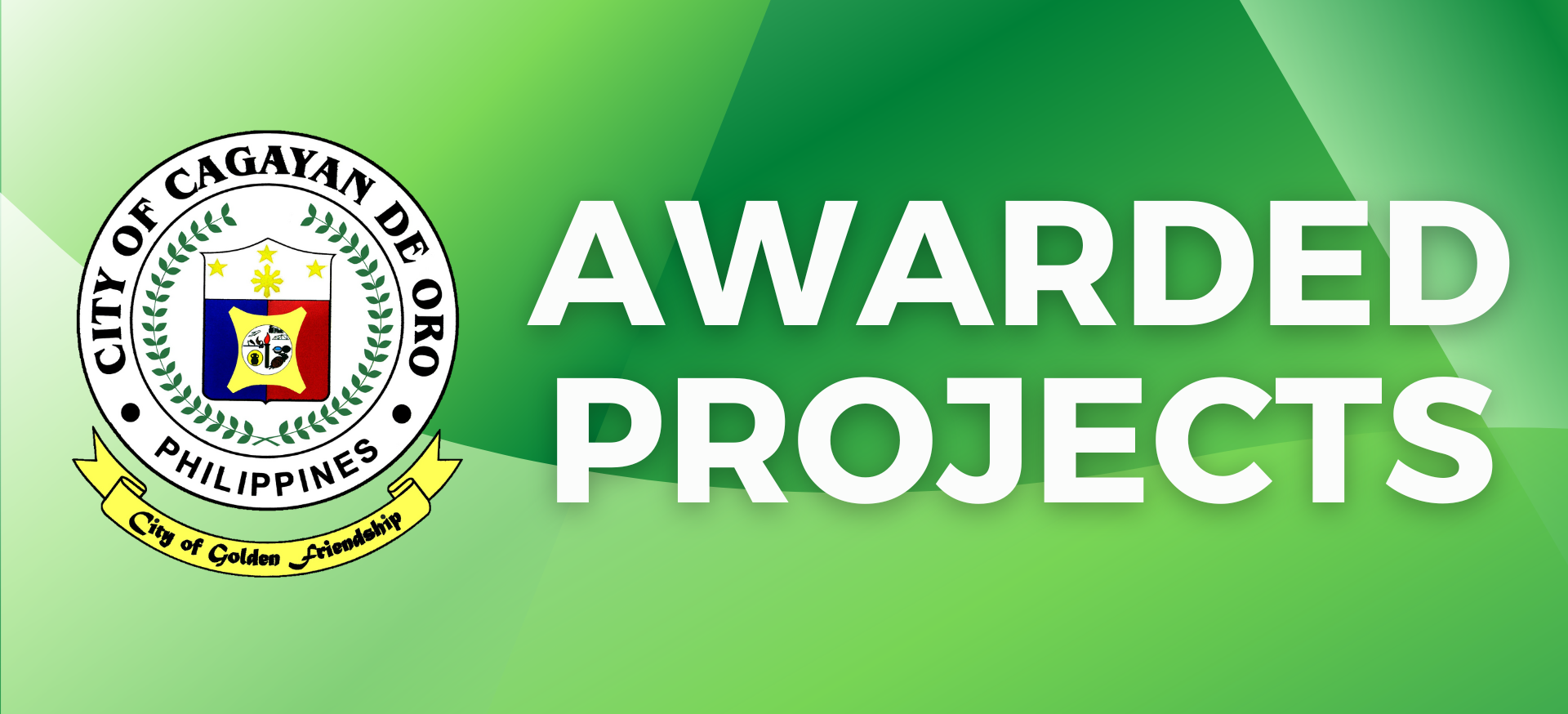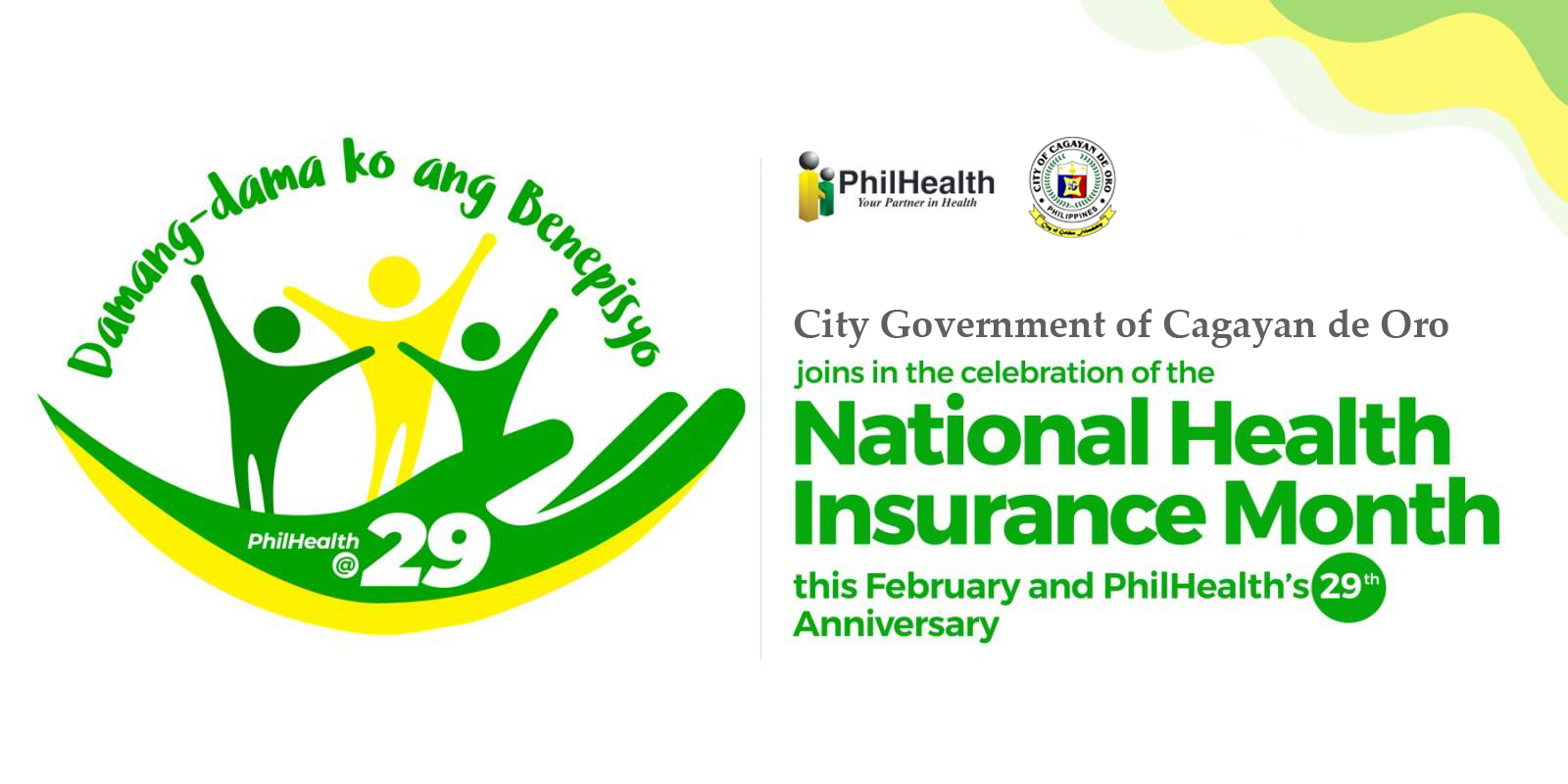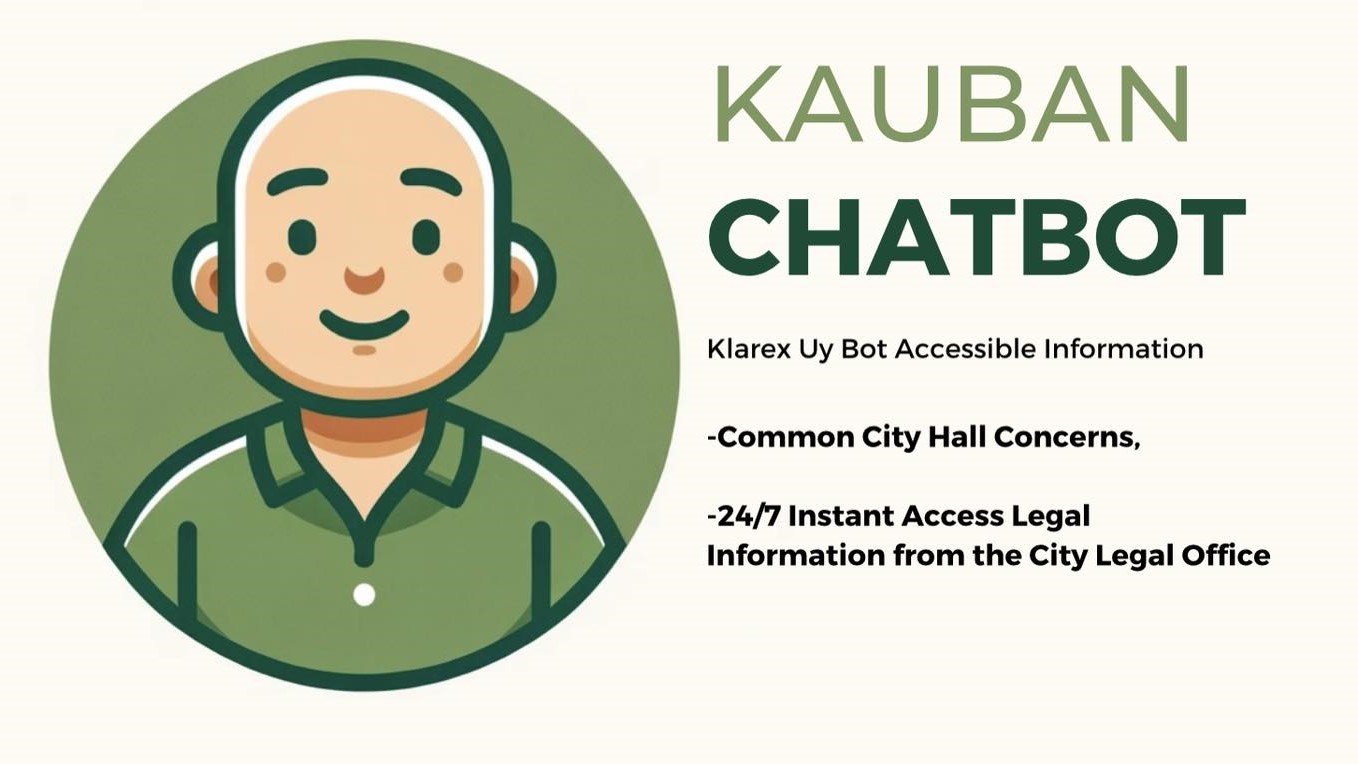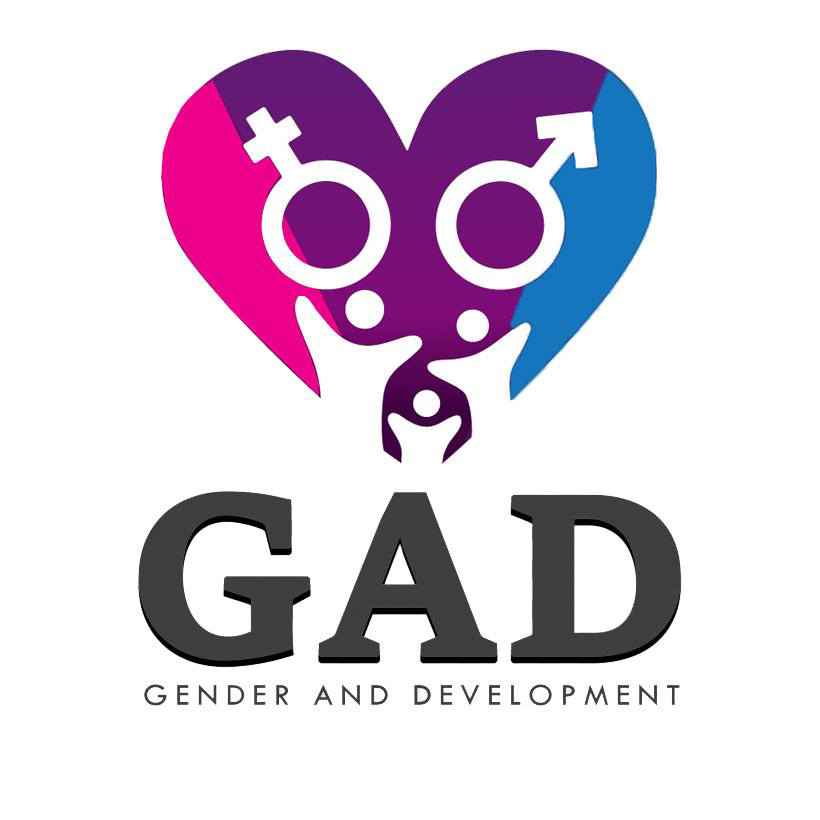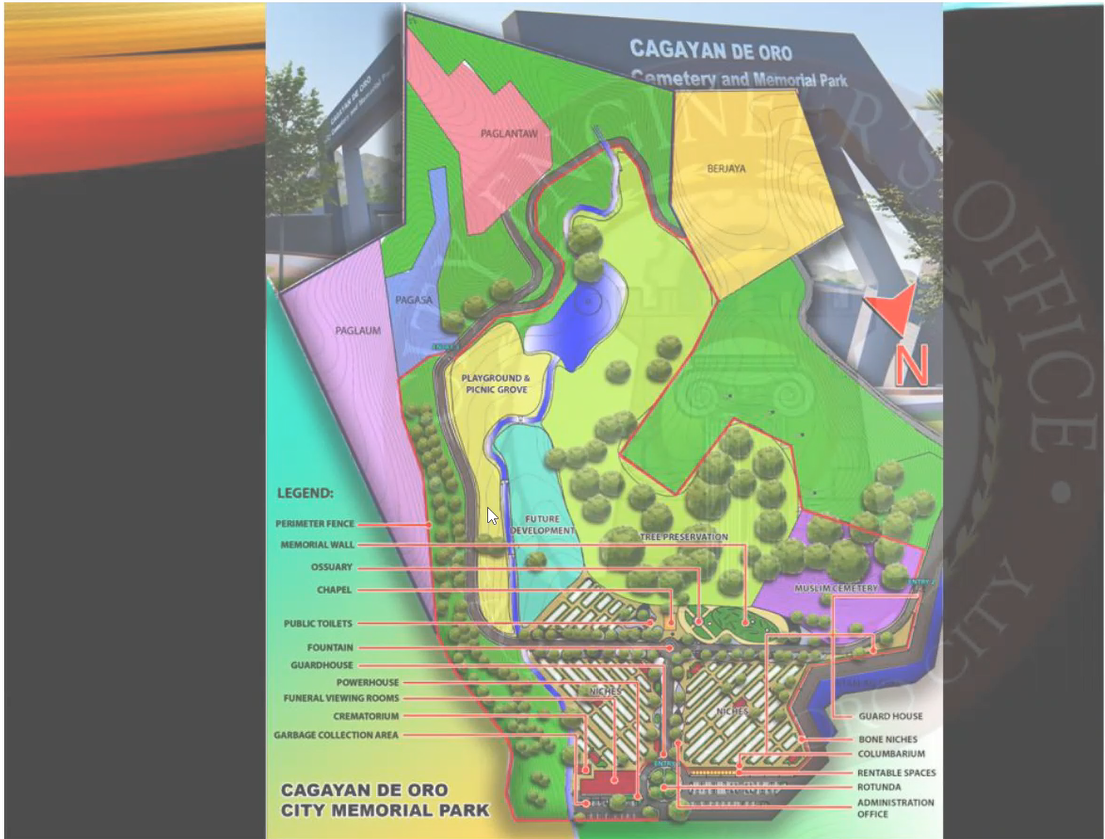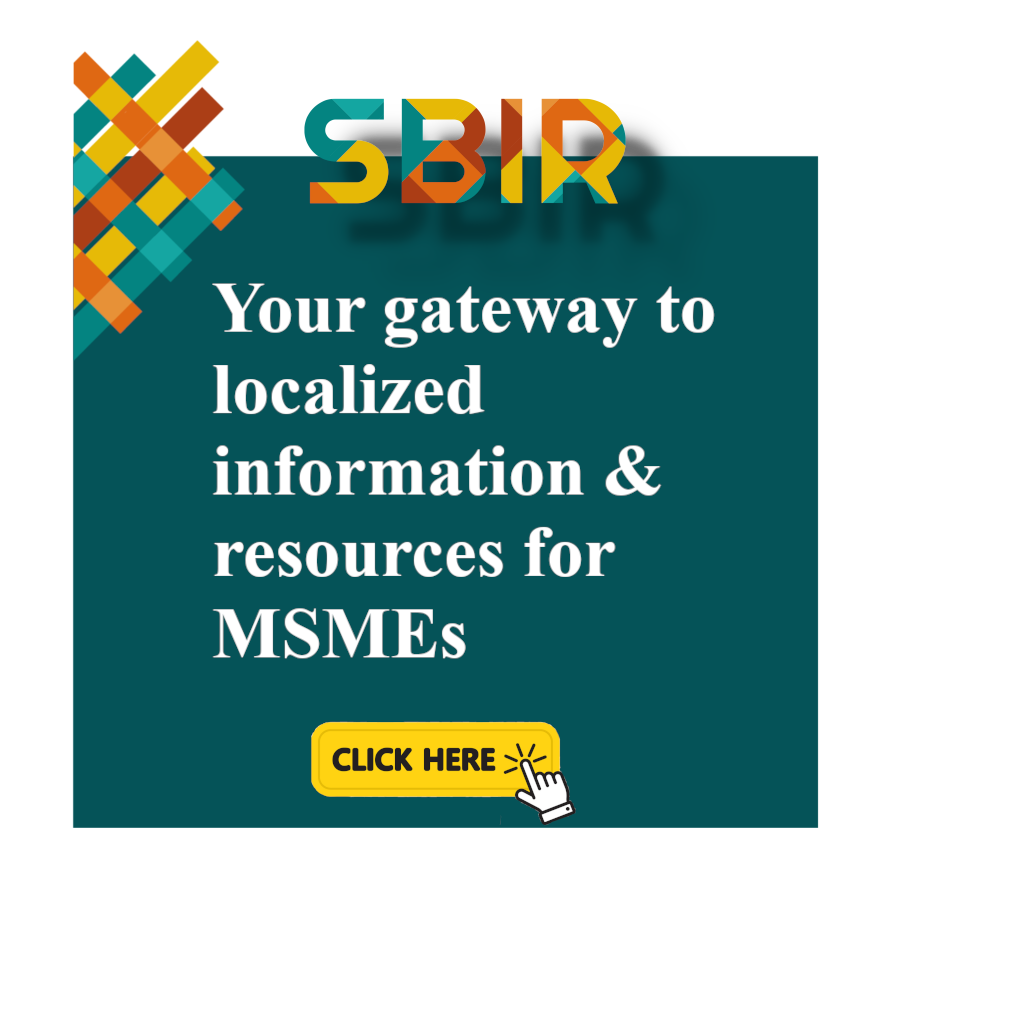(Note: This is an opinion piece by Egypt F. del Rosario, a Graduate School student from the University of Science and Technology of Southern Philippines.)
The Internet has become so powerful that it gives anyone the capacity to spread all sorts of information. This gives the possibility of encountering any information in cyberspace that could cloak to be factual but actually intends to manipulate whoever will fall to its trap. Internet users need to see the importance of responsible consumption of online content, especially in the midst of the novel coronavirus (COVID-19) pandemic. When information is crucial, media and information literacy (MIL) needs to be strengthened among the youth and to those who are new to the “language” of the Internet.
Sometime in 1938 – when the Internet was not yet invented and people only had the traditional mass communication channels a.k.a the TV, the radio, and print – a mass hysteria happened in the USA caused by a pre-Halloween radio play.
A moment before its airing on CBS, a voice announced to the listeners, “The Columbia Broadcasting System and its affiliated stations present Orson Welles and the Mercury Theater on the air in ‘War of the Worlds’ by H.G. Wells.” The introduction was then followed by a weather report and a music gap that seemed to have misled the audience from the supposed radio play because of its true-to-life portrayal – until a breaking “news” interrupted the broadcast. An announcer reported that explosions had been detected on planet Mars. Things got weirder when the music gap was again played after the report that got interrupted once again. This time, the reporter told the listeners that a large meteor had crashed into a farmer’s field in New Jersey. At the site, the reporter said that a metallic cylinder was seen where a group of Martians was emerging – detailing the horrifying appearance of the extra-terrestrial creatures. The reporter added that the aliens were attacking people which claimed the lives of 7,000 National Guardsmen by releasing poisonous gas into the air.

In effect, some of the listeners panicked, especially those who had tuned in late and missed the introduction. Reports claimed that there were some who sought medical treatment for the shock it had caused and accordingly thousands were desperate to flee and escape from the supposed “alien invasion.” Nevertheless, Britannica.com says that the public reception was just “greatly exaggerated by the press.”
Eighty-two years later, although no radio adaptations of the “War of the Worlds” anymore, several distastefully-designed media contents are targeted toward susceptible media consumers through the Internet amid a global health crisis.
When several photos and videos surfaced the social media claiming that bananas are the cure for COVID-19, some people who saw and reposted it did a panic-buying of bananas at the market. Several Kagay-anon Facebook friends joined the hype and said, “Wala’y mawala sa mutuo.”

The World Health Organization has debunked the viral post and clarified that there remains no medicine to prevent or treat COVID-19. Apparently, the people who had believed in the post lost nothing – except for time and energy that should’ve been focused on facts.
Unlike in the golden era of radio when people only had a limited source of information, the present generation enjoys the availability of information anytime and anywhere through the Internet. But how come many are still deceived by online hoax reports?
Another post went viral on Facebook suggesting that when a local brand of rum is mixed with bleach, it could allegedly be an alternative for hand sanitizers. Many netizens went instant chemists by documenting themselves how this “life hack” happens. True enough, the hype was indeed a “life hack” when the distilling company released its statement saying that mixing these chemicals could cause serious harm to the lives of the public.

The cyberspace has enabled the democratization of media, giving power to anyone to propagate information. Yes, the same power that only the traditional media had controlled before. Unfortunately, not everyone has the intention to use this power responsibly. Many weaponize this power to spread lies and malign the public.
The classic “War of the Worlds” example is actually not a case of the media being the propagator of lies. The producers did not intend to cause panic, instead, they just wanted to deliver a horror-themed radio play just in time for Halloween. However, what made it a disaster was when they didn’t foresee the effects it would bring to their audience.
In the age of information, when anyone can create their own “War of the Worlds” script and intentionally mislead people, there is only one solution to prevent a potential scenario of a “global hysteria.” It’s time to take media and information literacy seriously. As they say, “wala ma’y mawala,” that, except for ignorance.
SOURCES
Orson Welles’s “War of the Worlds” radio play is broadcast https://www.history.com/this-day-in-history/welles-scares-nation
‘War od the Worlds’: Behind the 1938 Radio Show Panic https://www.nationalgeographic.com/science/2005/06/war-of-the-worlds-behind-the-panic/
FALSE: Video saying bananas 'prevent coronavirus’ https://www.rappler.com/newsbreak/fact-check/254883-video-bananas-prevent-coronavirus
The War of the Worlds panic was a myth https://www.telegraph.co.uk/radio/what-to-listen-to/the-war-of-the-worlds-panic-was-a-myth/amp/
The War of the Worlds: NOVEL BY WELLS https://www.britannica.com/topic/The-War-of-the-Worlds-novel-by-W
Liquor maker warns against rhum-bleach mix to fight virus https://newsinfo.inquirer.net/1249999/liquor-maker-warns-against-rhum-bleach-mix-to-fight-virus
 World Health Organization
World Health Organization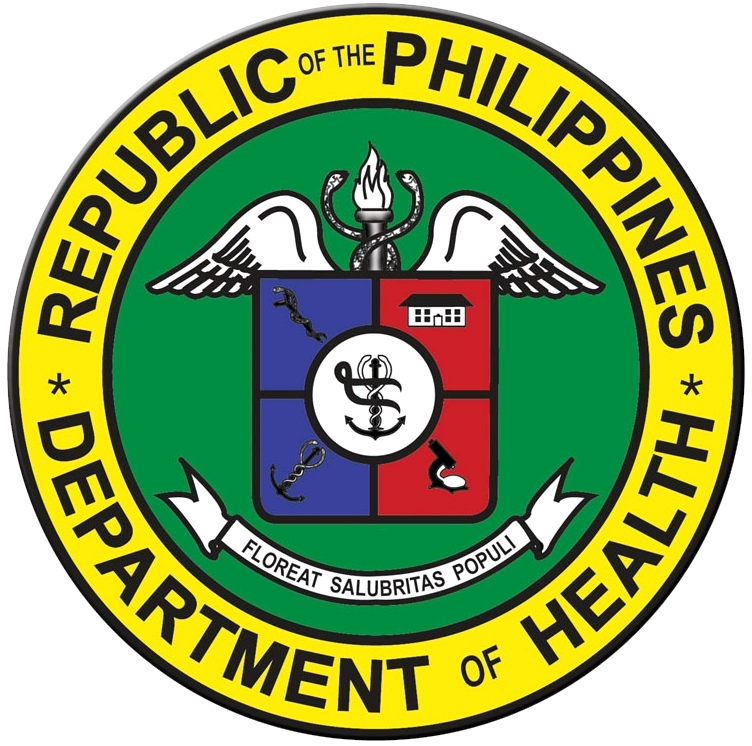 Department of Health
Department of Health 


